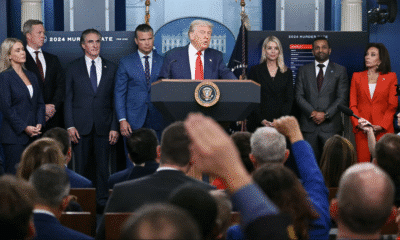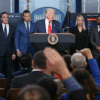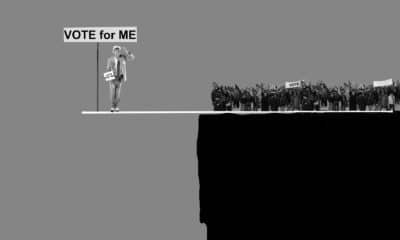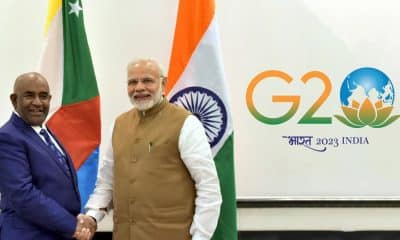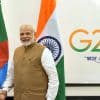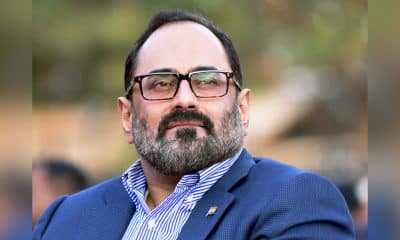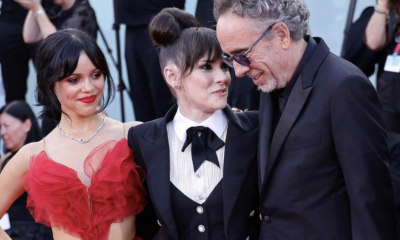News
India reaffirms and values “freedom of expression” with G7 on “open societies”
India has signed a joint statement by G7 and guest countries on “open societies” that reaffirm and encourage the values of “freedom of expression, both online and offline, as a freedom that safeguards democracy and helps people live free from fear and oppression”. It also refers to “politically motivated internet shutdowns” as one of the threats to freedom and democracy.
The joint statement was signed by G7 countries – India, South Korea, South Africa and Australia with host UK Prime Minister Boris Johnson calling them Democracies 11. It said, “We are at a critical juncture, facing threats to freedom and democracy from rising authoritarianism, electoral interference, corruption, economic coercion, manipulation of information, including disinformation, online harms and cyberattacks, politically motivated internet shutdowns, human rights violations and abuses, terrorism and violent extremism.”
Addressing the session through video conference, Prime Minister Narendra Modi said democracy and freedom were a part of India’s civilization ethos. However, he shared the concern that open societies are particularly vulnerable to disinformation and cyber-attacks. PM Modi also stressed the need to ensure that cyberspace remains an avenue for advancing democratic values and not of subverting it.
Over the past year and recent months, India has been under scrutiny over internet curbs in Jammu and Kashmir even as the Government is locked in a face-off over its new IT rules with Twitter, which described a police search at its offices in India last month as a “potential threat to freedom of expression”.
Reports highlight that New Delhi signed on the statement after making its reservations known to the negotiators from G7 countries. External Affairs Minister S Jaishankar, who had participated in the G7 Foreign Ministers meeting in May, had said that open societies and personal freedoms require careful nurturing; must be on guard against fake news and digital manipulation.
Also Read: India and EU to resume formal negotiations for proposed FTA
Indian government sources said India doesn’t have any reservations on the final joint statement. They also pointed out that while the statement is directed at China and Russia, the situation in India was not discussed at the G7 meeting. The open societies statement also affirmed human rights for all, both online and offline, as set out in the Universal Declaration of Human Rights and other human rights instruments, and opposition to any form of discrimination, so that everyone can participate fully and equally in society.
It said democracy includes each citizen’s right to vote in free and fair elections and everyone’s right to assemble, organize and associate peacefully within a system of accountable and transparent governance. It also committed to strengthen open societies globally by protecting civic space and media freedom, promoting freedom of expression, freedom of assembly and association, and freedom of religion or belief, and by tackling all forms of discrimination, including racism.



